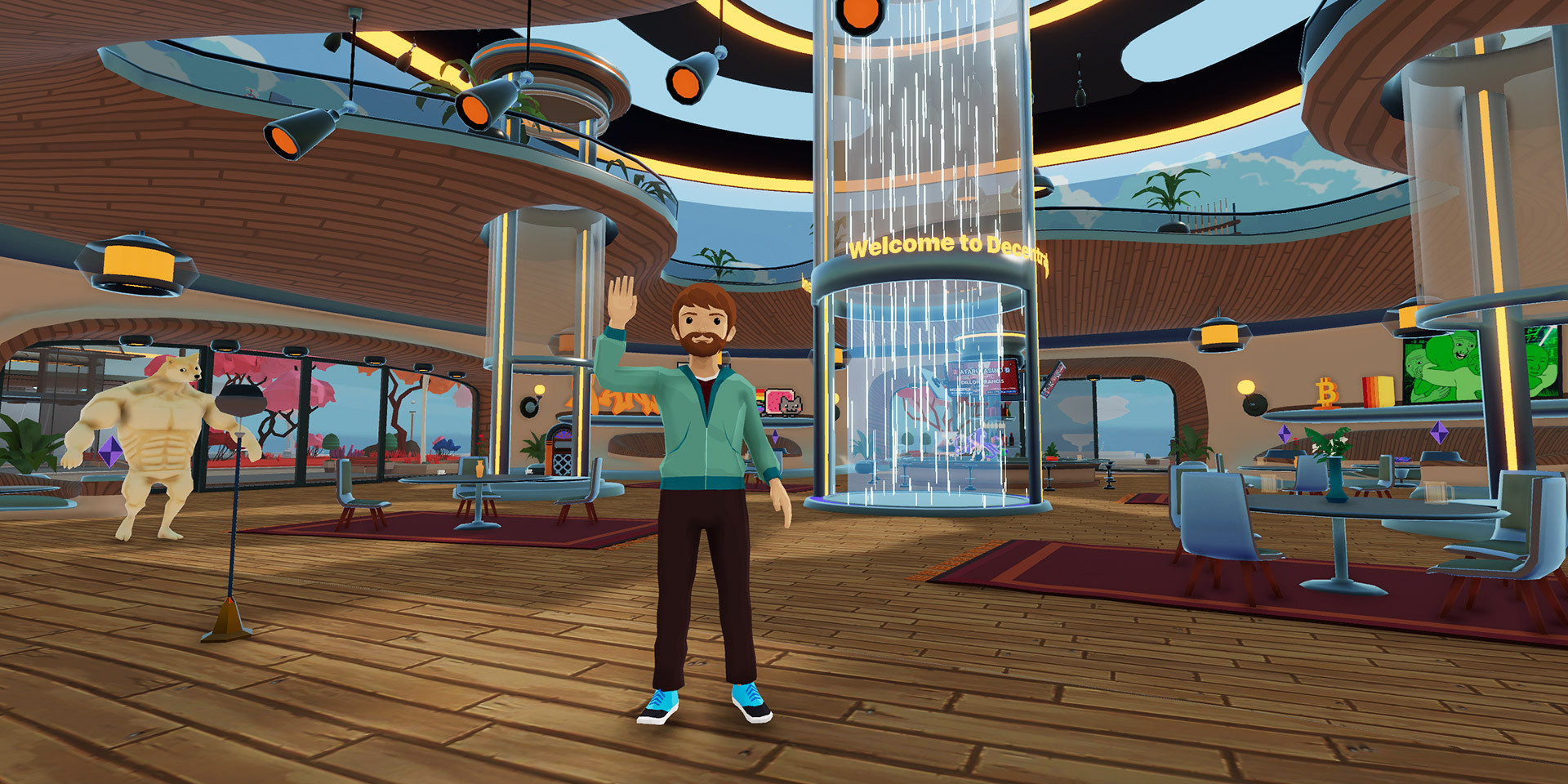Decentralized ownership registries helped enable digital art’s NFT boom of the past year. Next, blockchain, the distributed ledger technology, will underpin fanbases and the way artists build careers, teams, and engage with industry infrastructure.
Can you put a fanbase on the blockchain? Here’s what it could look like.
Decentralized Autonomous Organisations (DAOs)
If you spend some time in Web3 circles, you will encounter the term DAO. It refers to organisations that utilize blockchains’ distributed nature and (often) smart contract functionality in order to govern themselves.
These organisations are grassroots, meaning that there’s no central leadership and the members of the organisation decide what things they want to incentivize, and what rules they want to create. They allow people to pool funds, govern those funds and use them to coordinate or incentivize communal efforts and contributions.
At this point there are way too many DAOs to give a comprehensive overview and they come in many forms. For example, Stake Capital’s StakeDAO allows its members to earn stakeholder revenue share for their participation, for instance by supporting the Discovery and Creator nodes Stake Capital runs for the Audius network, a decentralized music streaming platform. Another well-known DAO, with the stated aim to push culture forward, is Friends With Benefits ($FWB) which requires new members to invest into the DAO by buying membership tokens, so that the community is invested in itself (you can read more about how they govern these funds here and what types of things you might expect in the community here). MetaCartel is a community of people that funds “post-hackathon” projects through grants. Decentraland, pictured above, is a game akin to Roblox and Second Life, but is governed by a DAO.
The Mint Fund, which was founded to fund underrepresented creators’ NFT minting costs, aims to become an “artist-owned curation DAO”. Mat Dryhurst (@) suggested a decentralised structure for SoundCloud in 2017, when people feared the company was running out of time (and cash) as it let go a large chunk of its staff. Back then the concept was novel, but it’s quickly becoming mainstream.
There are even tools like Aragon, Colony, and DAOhaus that make it relatively easy to set up a DAO in which the community participates in the ownership and governance of what’s created through the sum of their work, contribution, and participation.

The Decentralized Autonomous Artist
Not everyone’s music will drive millions of streams, not everyone is able to tour constantly, not everyone will go viral… but the one strategy that I feel almost any artist can apply is that of building a community of fans that can sustain you (sometimes referred to as “1,000 true fans”). There’s benefits to thinking small.
How can a fan community contribute to an artist’s success? Well, it depends on the artist, but they can financially sustain the artist through various types of patronage, they can amplify what an artist is doing by increasing their reach and leveraging network effects, but there are also other types of contributions that may be framed as collaborations, fan art, or other. In fact, when the community includes the artist and ‘artist team’ (ie. the business roles surrounding an artist), you can disintegrate some of those roles and place the associated activities inside the community through incentive structures.
What if the BTS Army was a DAO allowing people to either purchase or earn $BTS tokens in order to unlock various types of experiences and opportunities that are completely fan-organised? BTS wouldn’t even have to play a role in the DAO, though if what the DAO is doing is sufficiently valuable (which it would be), it may decide to let people trade $BTS tokens for tickets to concerts, livestreams, merch, or NFT collectibles. BTS can then choose to sell those tokens for fiat money (e.g. dollars or won) and cash out or retain $BTS and take a more active role in the DAO (token holders are often rewarded with increased influence in the governance of the DAO, corresponding to the amount of tokens they hold).
Since it can all be logged to a blockchain, much of this experience becomes portable beyond any specific platform, allowing the fanbase to organise itself wherever it prefers. This way experiences can travel beyond the walled gardens of Facebook, Apple, or virtual platforms and into the so-called metaverse in which the DAO and its members own their data and collect the value from it. Work is also being done on making various blockchains more interoperable, so things will be less locked into blockchain ecosystems than they are now.
Instead of communicating with an audience as followers on a social media platform owned by others, you can involve them directly in the organisation of your fan experience in a transparent, open, grassroots way through DAOs. The bonus: community ownership. We’ve seen countless artists open up Discords and other types of communities next to their social media presence – what we’ll see next is the Web3 version of this: decentralized autonomous fan organisations.
x
Help me take my writing to the Web3 & support me in Mirror‘s $WRITE race on Wednesdays. Vote here.

Mr B says:
Bas these are awesome ideas!! I love that DAO’s are fan-organized, community-owned, and away from the walled gardens of tech giants. As an independent rapper, this is absolutely the future I believe in and the connection with my audience that I wish to curate!! Thanks for sharing these bold ideas and inspiring what’s possible!
-Mr B 😎🎤
@mrbinspire